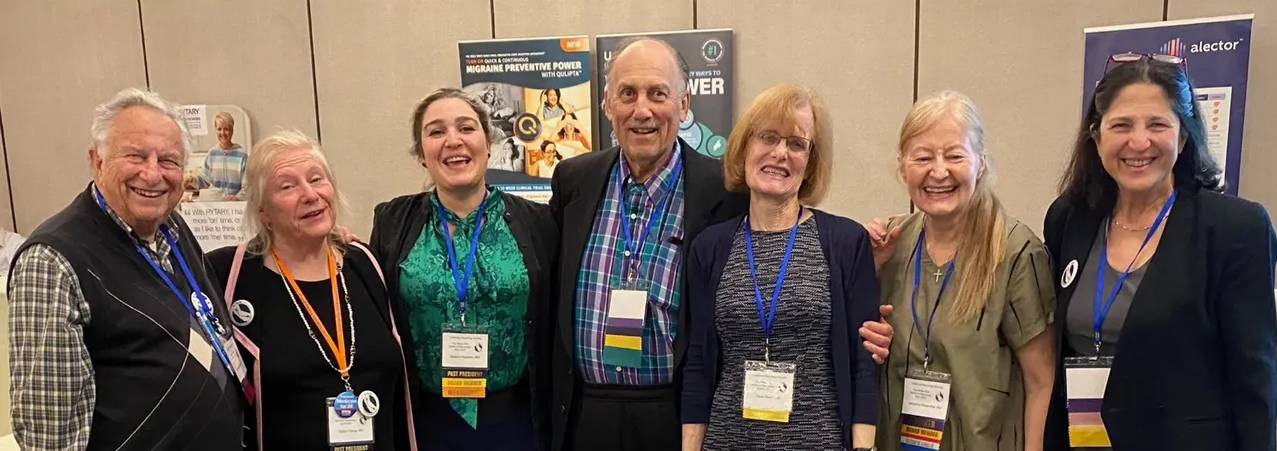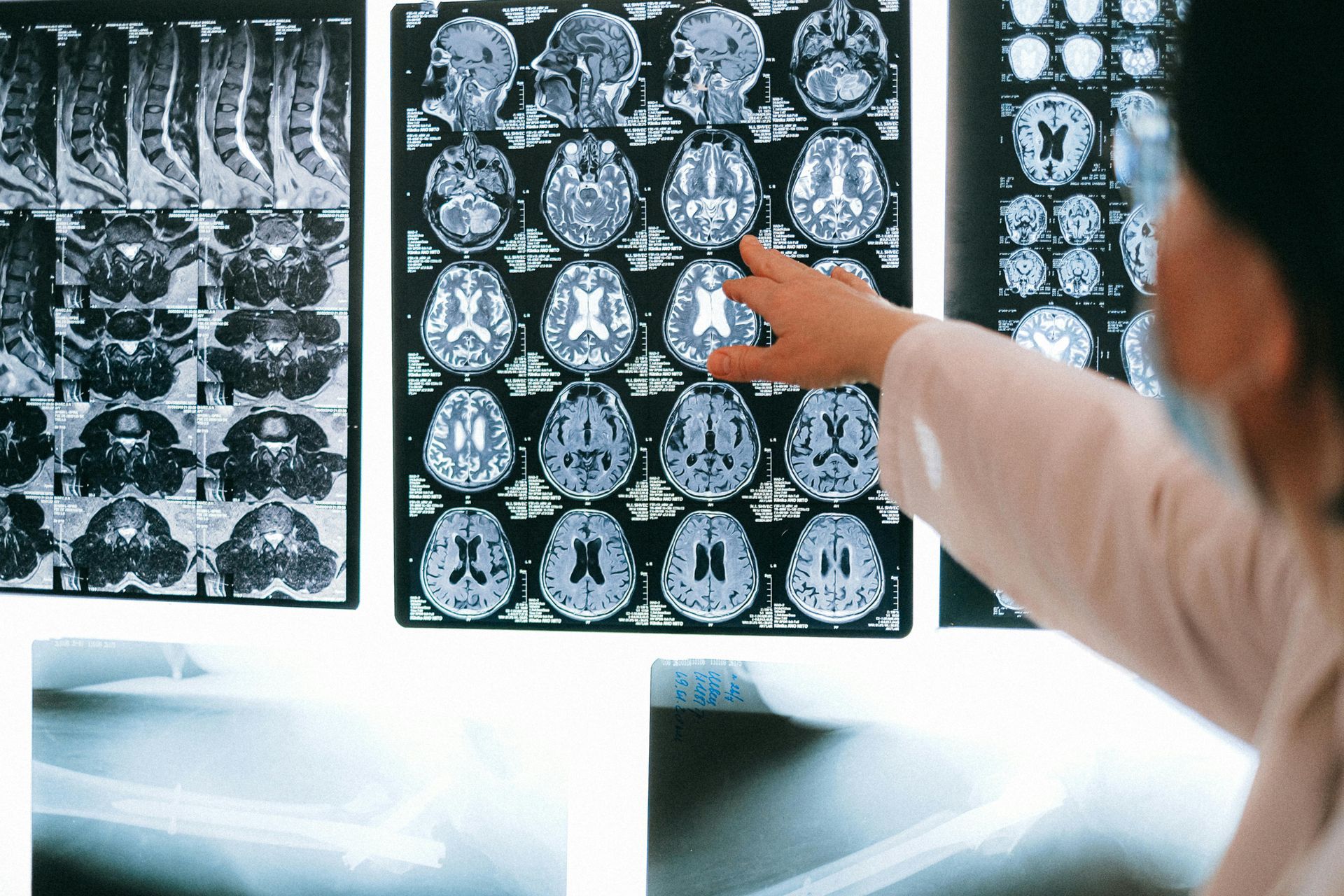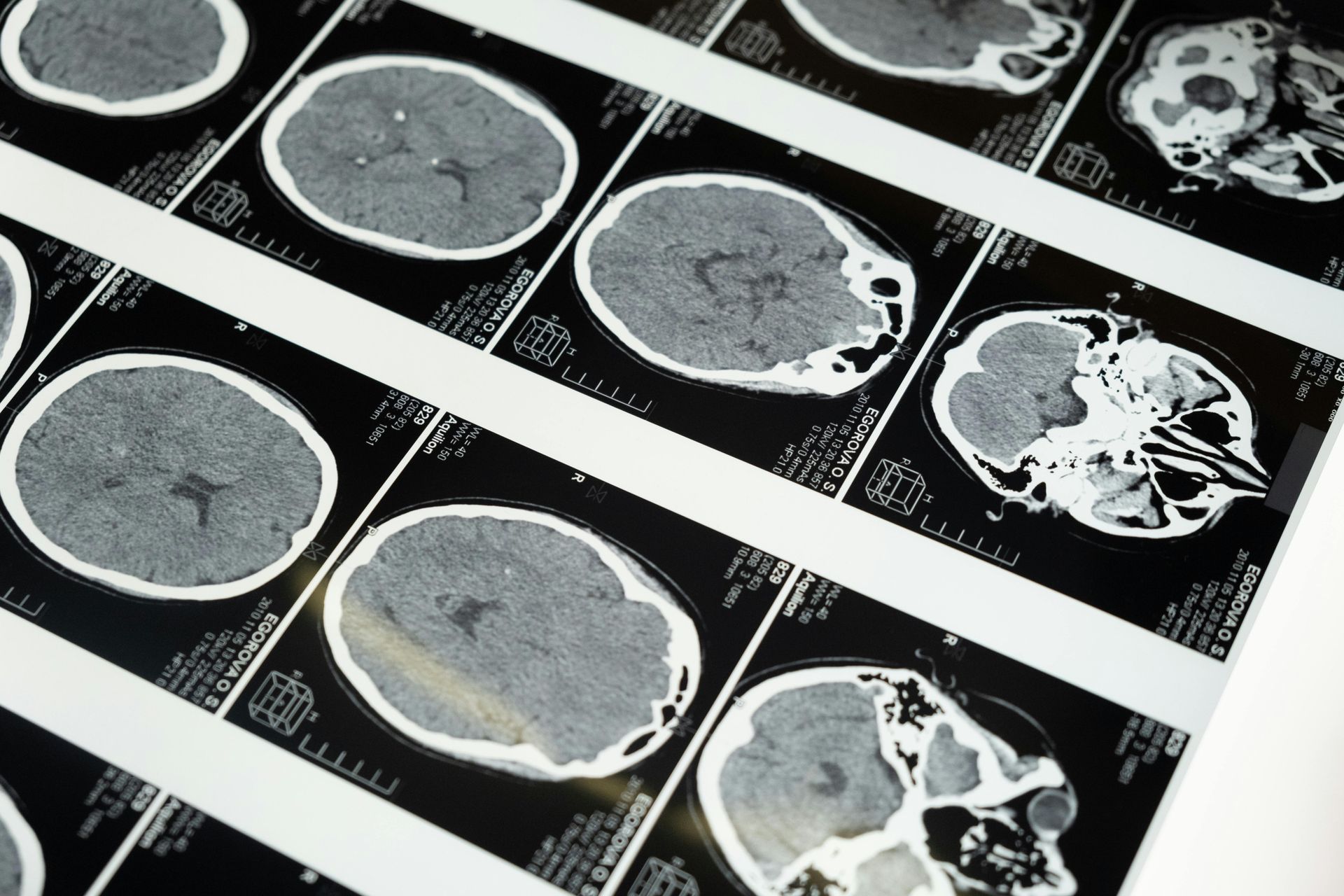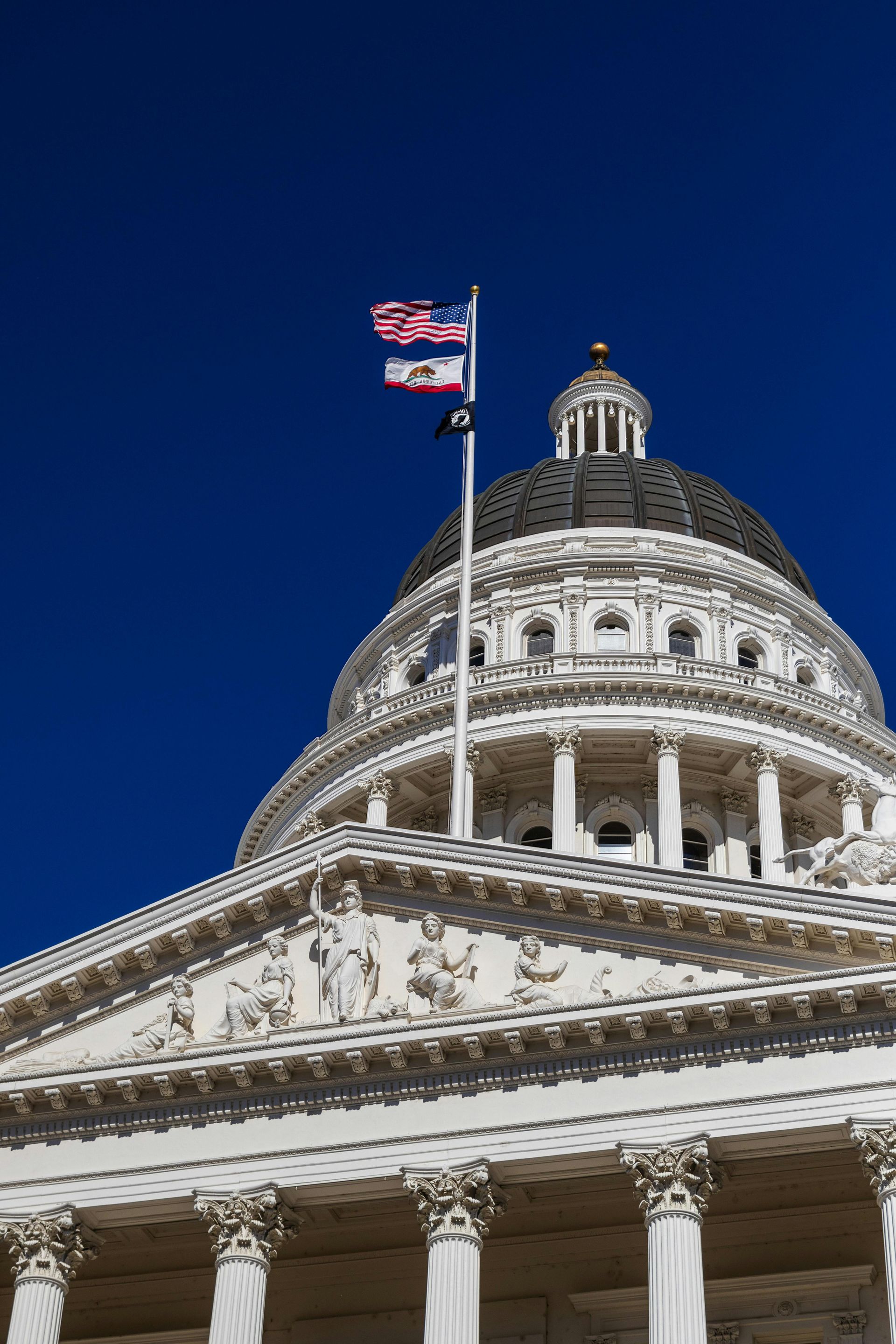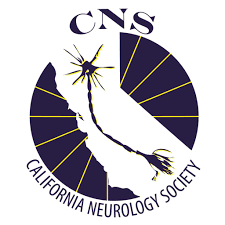CNS Legislative Committee MEETING MINUTES - Wednesday, July 16, 2025
Legislative advocacy efforts, including support for various bills and planning for upcoming meetings with legislators

Quick recap
The group discussed legislative advocacy efforts, including support for various bills and planning for upcoming meetings with legislators. They explored creating a legislative advocacy network for neurological disorders and discussed strategies for submitting resolutions to the California Medical Association regarding CTE education and youth sports safety. The conversation ended with discussions about future meeting topics, strategies to attract pharmaceutical company sponsors, and plans for an upcoming meeting in March 2026.
Epilepsy Advocacy Visit Planning
The group discussed planning advocacy visits to state legislators, aiming to schedule them in mid-March to mid-April, potentially aligning with Epilepsy Awareness Day on March 26th. They explored the unique idea of having both doctors and patients participate together in these advocacy efforts, which Jeff noted would be unusual but potentially powerful. Epilepsy suggested creating a form to gather participants from various neurology groups across California's counties, with Zoom meetings to prepare them, while Jeff agreed to share information about upcoming bills through his Council of Legislation role at CMA.
Neurological Disorders Advocacy Network
The group discussed creating a legislative advocacy network for neurological disorders, with Selim proposing a public forum for announcements and Stella suggesting a dedicated patient section on their website. Jeff emphasized the importance of partnering with existing patient advocacy groups rather than creating a new membership and suggested a proactive approach of reaching out to these organizations when relevant legislation arises. The group agreed to compile a list of neurology advocacy organizations through various sources, including neurologist networks and legislative tracking reports, while being mindful of potential conflicts of interest with pharmaceutical companies.
CTE Education Resolution Draft
The group discussed a draft resolution on CTE education and its potential submission to CMA and legislators. They agreed to make the language less prescriptive and avoid mandatory tracking requirements to address concerns about costs and implementation. Selim will revise the document to emphasize voluntary reporting and consider a phased implementation approach. The team also discussed the benefits of submitting a resolution to CMA before approaching legislators, as it could help build support and prevent opposition.
Youth Sports Safety Advocacy Strategy
The group discussed engaging school nurses and coaches to support legislation for youth sports safety. Stella suggested reaching out to the Association of Nurses to gain their support and potentially help implement the initiative. Jeff and Steve emphasized the importance of getting buy-in from coaches and nurses, noting that previous bills faced opposition when non-physicians were involved in emergency situations. Selim agreed to talk to individual coaches, particularly at the elementary level, to gauge their support and gather grassroots backing for the bill.
CMA Resolution Strategy Meeting
The group discussed strategies for submitting a resolution to the CMA (California Medical Association) regarding contact sports and CTE education. Jeff advised simplifying the resolution by focusing on clear "resolves" while keeping detailed background information in the "whereases." Selim agreed to meet with education committee consultants in mid-August to get feedback on the draft resolution, which Stella and Jeff will help edit. The group also discussed the need to prepare a framework for potential legislation, separate from the resolution, to be used when working with legislators. Steve warned that CMA staff may not be supportive, so they should be prepared to respond to any negative analysis of the resolution.
Health Initiatives and Policy Proposals
Johanna proposed several initiatives, including establishing conservatorships for patients with cognitive disabilities, changing insurance regulations for Medicare Advantage plans, and requiring developers to include walking trails in new urban developments. She emphasized the need to address sedentary lifestyles, which contribute to stroke and other health issues. Jeff suggested that these topics might be more appropriate for the California Medical Association or American Medical Association rather than the California Neurological Society, as they affect broader health issues.
Urban Planning Resolution Strategy
The group discussed taking a leadership position on urban planning and walkable cities, with Johanna advocating for developing legislation to incorporate walking trails into city planning. Jeff expressed concerns about the group's effectiveness and suggested writing a resolution for the California Medical Association (CMA) instead, which the others supported. Selim and Stella agreed to work on a separate project, while Johanna committed to drafting the CMA resolution, which Jeff described as a potential major issue that could gain broader support and influence.
Conservatorship Challenges for Brain Injury Patients
Johanna discussed challenges with conservatorship for homeless patients with severe brain injuries, noting that while there are programs for psychiatric patients, similar support is lacking for neurology patients. Jeff suggested investigating the differences between mental health and neurology conservatorship processes, with Johanna planning to consult social workers and the court. They also discussed housing accessibility for disabled patients, particularly those without transportation options, with Jeff recommending integrating this into broader housing policy discussions.
Medical Meeting Planning and Promotion
The group discussed plans for an upcoming meeting on March 26, 2026, and agreed to vet attendees beforehand. They also talked about promoting the meeting to medical professionals, with Jeff offering to reach out to Kaiser Permanente and the University of California, San Francisco. Stella mentioned that epilepsy representatives cannot support the current meeting due to its lack of epilepsy-focused content. The group agreed to consider adding a section on autoimmune diseases related to epilepsy in future meetings. They scheduled their next meeting for August 6.
Pharmaceutical Sponsorship and Topic Strategies
The group discussed future meeting topics and strategies to attract pharmaceutical company sponsors. Jeff suggested focusing on unique topics like autoimmune neurology and epilepsy, which Stella agreed could be addressed in dedicated sections rather than entire meetings. They also considered including a session on hyperbaric oxygen therapy, though Stella expressed skepticism about its effectiveness. The conversation touched on the changing landscape of neurology residency training and the group's niche as a clinically oriented organization.
